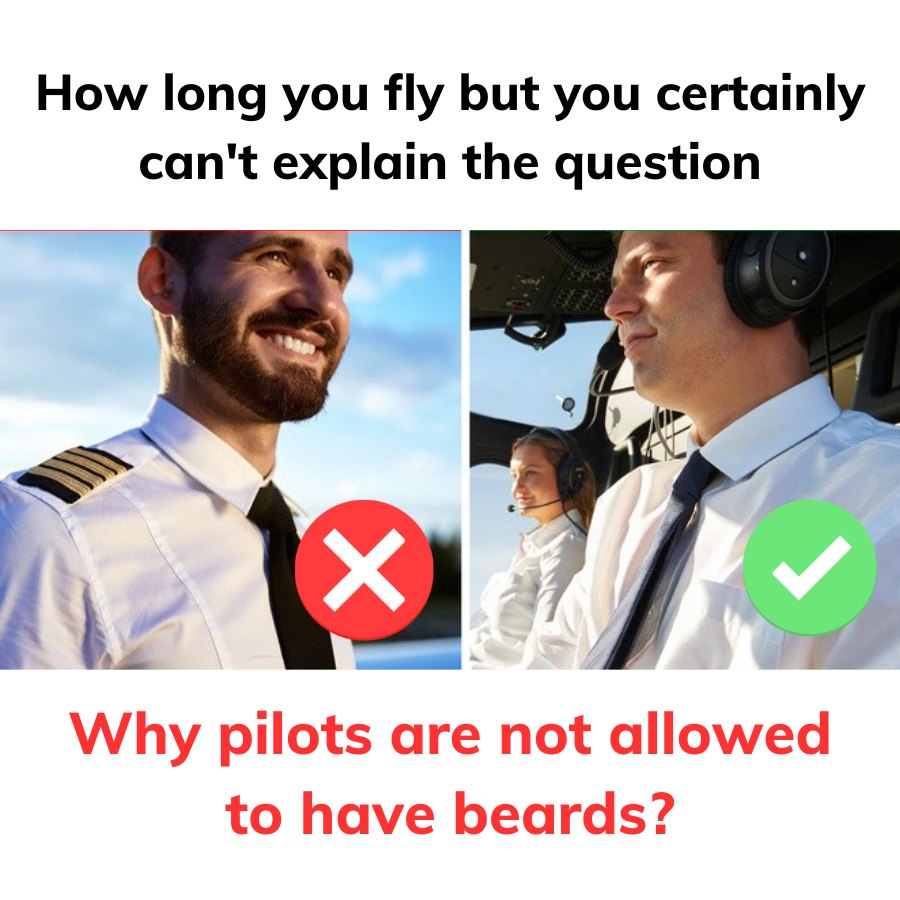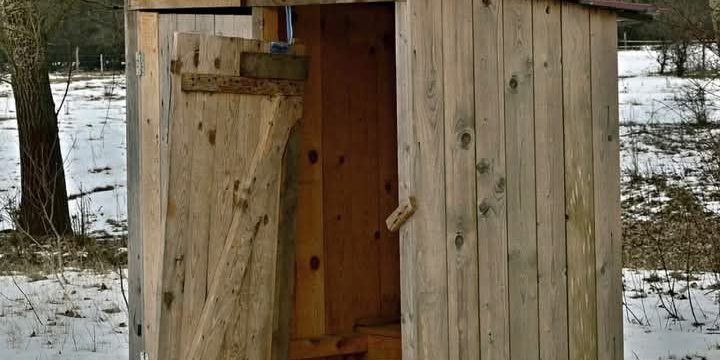
Exploring the Safety Implications of Facial Hair in Aviation
Introduction
Ever wondered why many airlines enforce strict grooming policies, especially concerning facial hair for pilots? The primary reason revolves around safety—specifically, the effectiveness of oxygen masks during emergencies.
The Importance of Oxygen Masks
In aviation, oxygen masks are crucial safety devices. During emergencies like sudden cabin depressurization, these masks supply essential oxygen, enabling pilots to remain alert and manage the situation effectively. For optimal performance, the mask must form a tight seal on the pilot’s face, ensuring no oxygen escapes.
Impact of Beards on Mask Seal
Facial hair, particularly beards, can interfere with the mask’s ability to seal properly. Hair between the mask and skin creates gaps, allowing oxygen to leak. At high altitudes, where oxygen levels are already low, even minor leaks can significantly reduce the mask’s effectiveness, compromising pilot performance and overall flight safety.
Airline Grooming Policies
To address this safety concern, many airlines implement grooming standards requiring pilots to be clean-shaven or maintain minimal facial hair. These policies ensure that oxygen masks can function as intended during emergencies. While some may view these rules as restrictive, they are established with passenger and crew safety as the foremost priority.
Conclusion
In aviation, safety protocols are meticulously designed to mitigate risks. Prohibiting beards among pilots is one such measure, ensuring that critical safety equipment operates effectively when needed most. While personal expression is important, in the cockpit, safety undeniably takes precedence.





